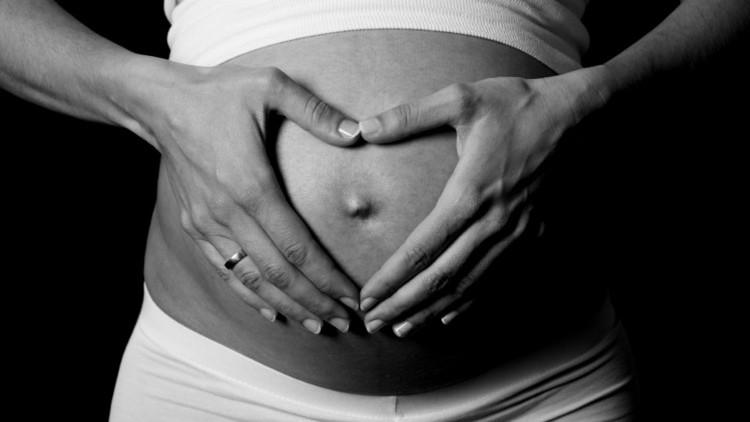Prenatal folic acid supplementation helps lower postpartum depression risk: China population study

Chinese women are highly likely to suffer from postpartum depression six to 12 weeks after giving birth, leading to adverse effects on not just the women themselves, but also their newborn children and their families.
Researchers at Tianjin Medical University conducted a cohort study to assess how the duration of prenatal folic acid supplementation may influence the likelihood of postpartum depression in Chinese women.
Between July 2015 and March 2017, they recruited 1,592 women who had given birth six to 12 weeks prior to being assessed, collecting data on their socio-demographic and lifestyle characteristics, obstetric history, and prenatal folic acid supplementation.
Longer duration, lower prevalence
They observed that 803 (50.4%) participants took folic acid supplements during pregnancy for three months or less, 146 (9.2%) for four to six months, and 643 (40.4%) for more than 6 months.
They then noted a 29.4% prevalence of postpartum depression among the participants. However, the prevalence tended to be lower among those who had taken folic acid supplements for over six months during pregnancy.
The researchers wrote: "According to previous studies worldwide, the determinants of PPD have included demographic factors, socio-economic status, family history and social support, environmental and cultural factors, nutrients, inflammatory factors, hormones, and biological factors."
However, following logistic regression analysis, they stated that prenatal folic acid supplementation for longer than six months was "an independent determinant" of postpartum depression, in that it resulted in decreased risk of the condition regardless of the aforementioned factors.
Considerations and conclusion
The researchers acknowledged possible recall bias due to the data on folic acid supplementation being collected after the participants had given birth.
Additionally, the study focused specifically on the women’s folic acid supplementation but neglected to take into account their serum and dietary folate levels.
The researchers concluded: "This study showed a high prevalence rate of postpartum depression among Chinese women. Folic acid supplementation for more than six months during pregnancy was found to be associated with a decreased risk of postpartum depression six to 12 weeks after delivery in Chinese women.
"The finding provides new information regarding the potential beneficial effect of long-term FA usage during pregnancy."
Source: Nutrients
https://doi.org/10.3390/nu9111206
"Association between Duration of Folic Acid Supplementation during Pregnancy and Risk of Postpartum Depression"
Authors: Jing Yan, et al.











